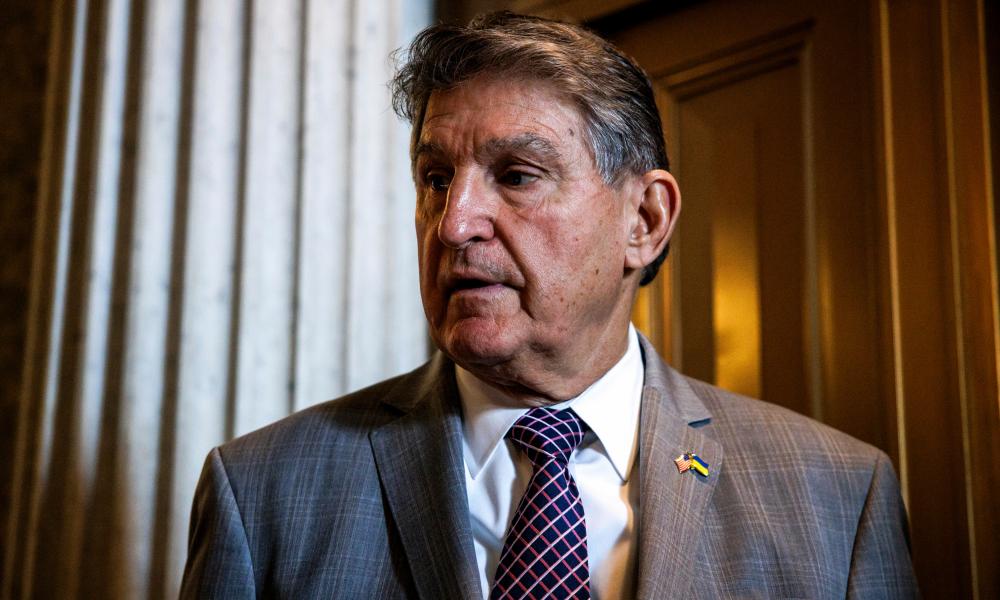Senator Joe Manchin, who recently transitioned from being a lifelong Democrat to an independent, has announced his departure from the Senate after an extensive 15-year career. In a candid interview with CNN, he expressed deep concerns regarding the state of the Democratic Party, which he believes has become increasingly toxic. Manchin characterized the Democratic brand as “maligned” and stated that he could no longer identify with it due to the party’s evolution into what he perceives as a censorious and dictatorial force over the lives of ordinary Americans—an evolution he attributes significantly to the influence of progressive ideologies. His remarks suggest a profound discontent with the party’s current direction, which he argues has deviated from focusing on tangible issues like job creation and wage growth to prioritizing sensitive social issues, including LGBTQ+ rights.
Manchin’s critique extends beyond his own party; he also scrutinized Republicans for their lack of pragmatism regarding gun control and responses to mass shootings. He likens the political atmosphere to an extreme tug-of-war, where Democrats lean towards bans while Republicans take a laissez-faire approach. This polarization, according to Manchin, does a disservice to rational dialogue and problem-solving, reflecting a broader critique that both parties are failing to address the pressing concerns of the American populace. The senator’s understanding of gun violence manifests in a call for reasoned approaches rather than extremist positions on either side.
In response to comments made by Greg Casar regarding the success of Democrats, Manchin expressed incredulity at the notion that the party would have fared better in elections by aligning more closely with the progressive agenda represented by Congresswoman Pramila Jayapal. He emphasized the importance of political authenticity, citing Vice President Kamala Harris’s struggle to present herself as a moderate after her initial alignment with progressive causes. Manchin noted that such discrepancies in political identity can hinder candidates’ electoral success, a reality he described as challenging for candidates who cannot be true to their convictions.
Despite his criticisms of the party system, Manchin conveyed an optimistic view of governance, asserting that all Americans should wish for the success of the president, regardless of their personal voting history or party affiliation. He stated this belief in the context of his relations with the newly elected president, emphasizing a desire to offer help to the administration. This sentiment highlights Manchin’s view of a collaborative political landscape, where mutual support across party lines could potentially yield better governance.
One of the most notable calls from Manchin during his recent interviews was for the establishment of a third political party, which he tentatively named the American Party. He argued the necessity for a centrist platform that could unify moderate voices from both the Democratic and Republican Parties. Manchin posited that the outcome of elections often hinges on centrist voters, yet once elected, representatives tend to retreat to partisan divides. His vision of a governing body that aligns more closely with the moderate bloc could, he believes, bridge the gaps between the entrenched positions of the two major parties.
On a policy-focused platform, Manchin continued his critique on CBS’s “Face the Nation,” where he addressed the challenges facing the Republican leadership and their inability to foster bipartisanship. He remarked on the inefficacy of the previous Congress, labeling it the worst-performing in American history and chastising Republican Speaker Mike Johnson for not actively seeking collaboration with Democrats. Furthermore, Manchin shared insights regarding Donald Trump’s evolution as a political figure, suggesting that his experiences since his initial victory could lead to a more effective understanding of his role as president in the current political landscape, highlighting a potential for greater maturity and strategic governance moving forward.

